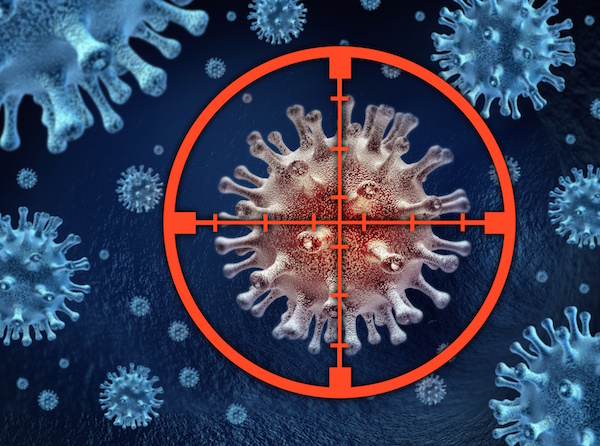
THURSDAY, Jan. 7 (HealthDay News) — An enzyme that normally helps break down stored fats becomes highly active in some cancer cells and makes them more likely to spread, researchers have found.
When the enzyme, called monoacylglycerol lipase (MAGL), goes into overdrive in cancer cells, it breaks down stored fats to produce large amounts of free fatty acids, which are the building blocks of cell membranes and of fatty molecules that serve as signals between cells. These free fatty acids then produce other smaller molecules that promote cancer growth and progression, the study authors noted.
The finding that stored fats in cancer cells can cause them to become more aggressive offers a possible explanation for the reported link between obesity and cancer, according to the researchers at the Scripps Research Institute in California. They also said MAGL may offer a new target for treating aggressive forms of cancer or for preventing cancer progression.
“Historically, research has focused on the mechanisms leading to cancer formation, and therapies have focused on taking out cancer cells. But here we were looking for pathways that lead to cancer aggressiveness,” corresponding author Benjamin Cravatt, chair of the Scripps Research Department of Chemical Physiology, said in a news release.
He noted that people who eat high-fat foods are constantly introducing free fatty acids into their bodies.
“We have shown that cancer cells have their own pathways to produce free fatty acids, which will enable them to become more aggressive. Less malignant cancer cells do not appear to have adopted an autonomous pathway to increase their own pools of free fatty acids. Thus, taking free fatty acids from the diet could assist these cells in developing a more malignant phenotype,” Cravatt said.
The study was published in the Jan. 8 issue of the journal Cell.
More information
The U.S. National Cancer Institute has more about obesity and cancer.

